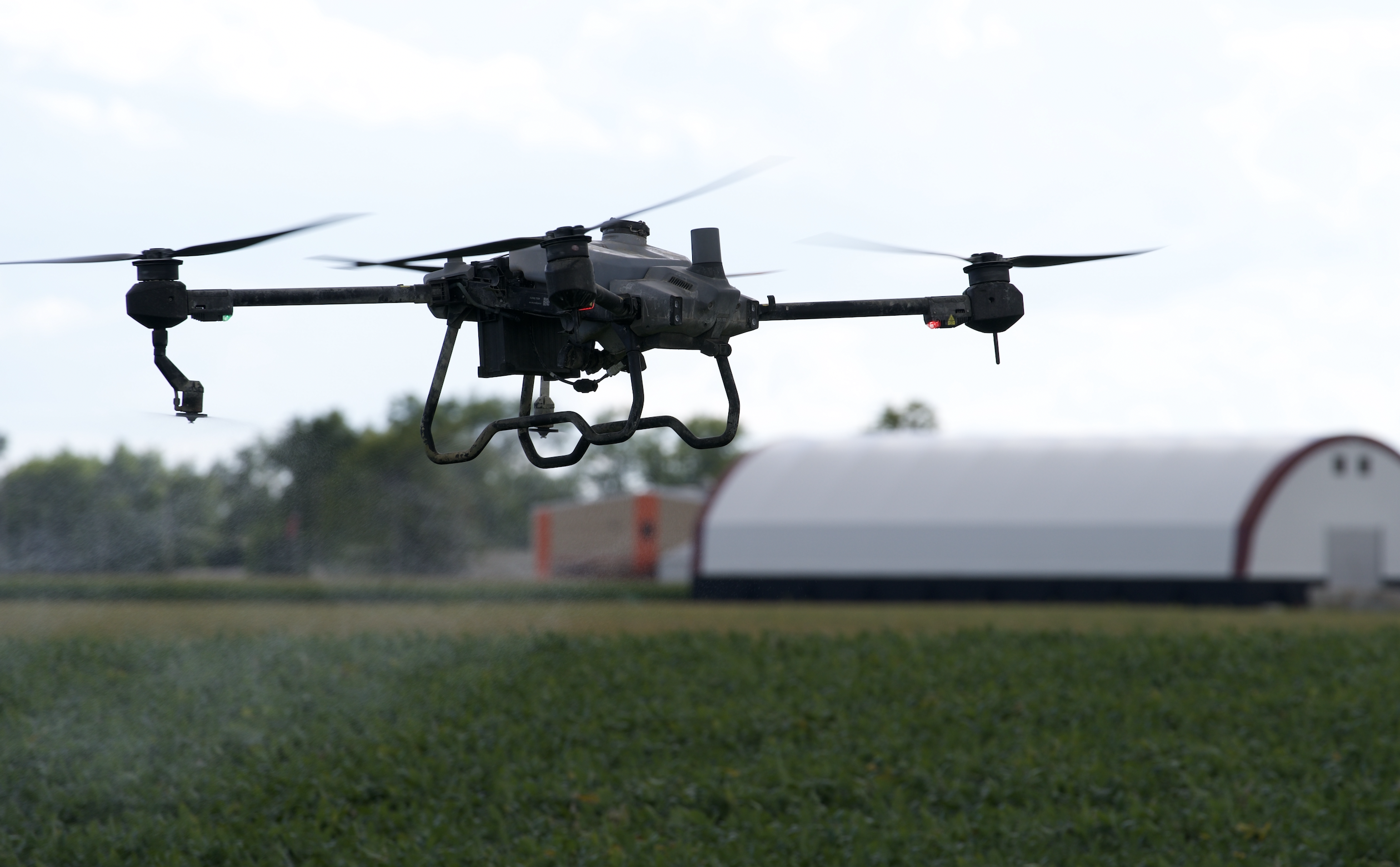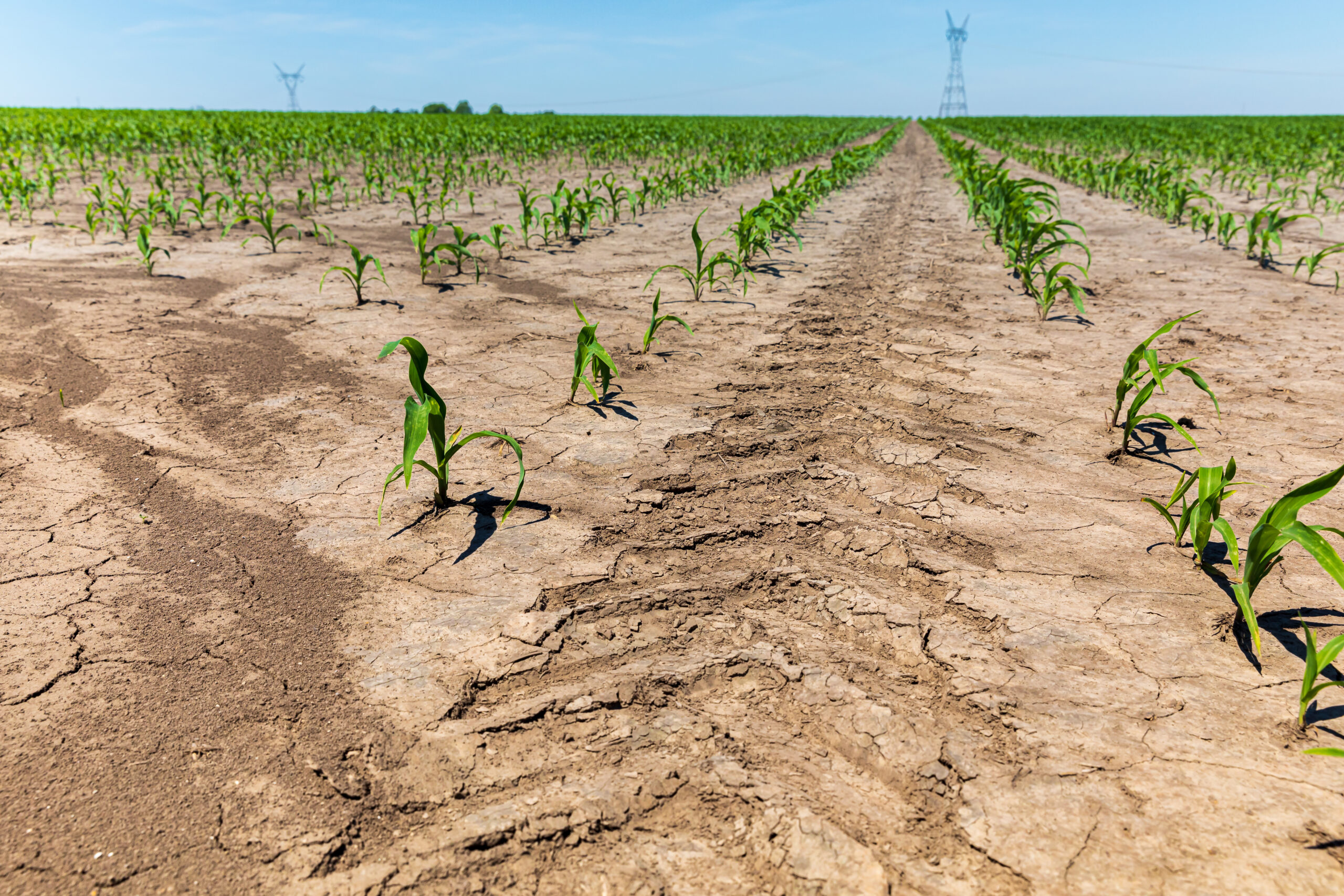

Introduction: In the intricate world of agriculture, the health of the soil plays a pivotal role in determining crop yields. One often overlooked but significant factor affecting soil health is compaction. Soil compaction can have detrimental effects on yields, hindering root growth, nutrient absorption, and overall crop development. This blog delves into the repercussions of soil compaction and highlights how the innovative practice of drone spraying emerges as a game-changer in mitigating this issue, ultimately leading to increased yields.
The Menace of Soil Compaction: Soil compaction, a consequence of traditional farming methods involving heavy machinery like tractors, compresses soil particles, reducing pore space. This compression restricts the movement of air, water, and nutrients within the soil, impeding the natural processes crucial for plant growth. Compacted soil not only hinders root expansion but also diminishes the soil’s ability to retain water and nutrients, leaving crops more susceptible to stressors.
The Impact on Yields: Crop yields are intricately linked to soil health, and the negative impact of compaction is felt throughout the growing season. Reduced root growth limits the plant’s access to essential nutrients and water, resulting in stunted development and lower yields. Compacted soil also exacerbates runoff, leading to soil erosion and nutrient loss, further compromising the overall productivity of the farm.
Enter Drone Spraying for Soil Health: The advent of drone spraying presents a revolutionary solution to combat soil compaction. Unlike traditional methods that involve heavy equipment, drones are lightweight and operate above the soil surface, eliminating the risk of compaction. This breakthrough in precision agriculture not only preserves soil structure but also allows for targeted application of pesticides, fertilizers, and other treatments, optimizing resource utilization.
The Role of Drone Spraying in Boosting Yields: Drone spraying offers a multifaceted approach to improving yields. By avoiding soil compaction, these agile devices maintain soil health, promoting optimal root growth and nutrient absorption. The precise application of chemicals targets specific areas, ensuring that crops receive the right amount of inputs, leading to healthier plants and increased yields. Additionally, the reduction in chemical runoff minimizes environmental impact, aligning with sustainable farming practices.
Conclusion: In the pursuit of maximizing agricultural yields, addressing soil compaction emerges as a critical step. The rise of drone spraying marks a transformative era, where innovative technology not only addresses soil health issues but also contributes to increased productivity and sustainability. Embracing drone spraying is not just a technological leap; it’s a strategic move toward healthier soils, resilient crops, and bountiful harvests. As farms evolve with the times, the synergy between precision agriculture and soil conservation sets the stage for a more promising and sustainable future.

AgFly provides aerial Agriculture solutions where traditional methods are not possible and in areas where aerial applications increase efficiency and/or yields.
© 2026 All Rights Reserved.